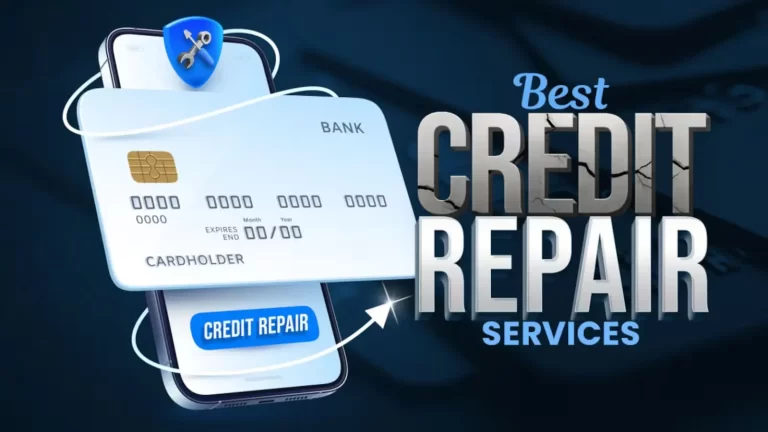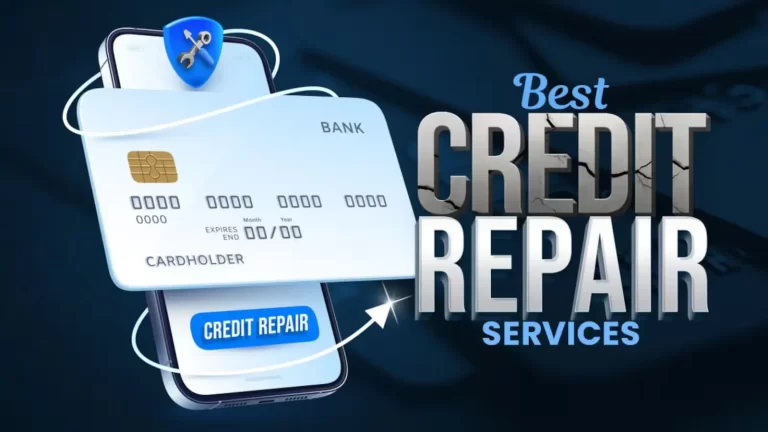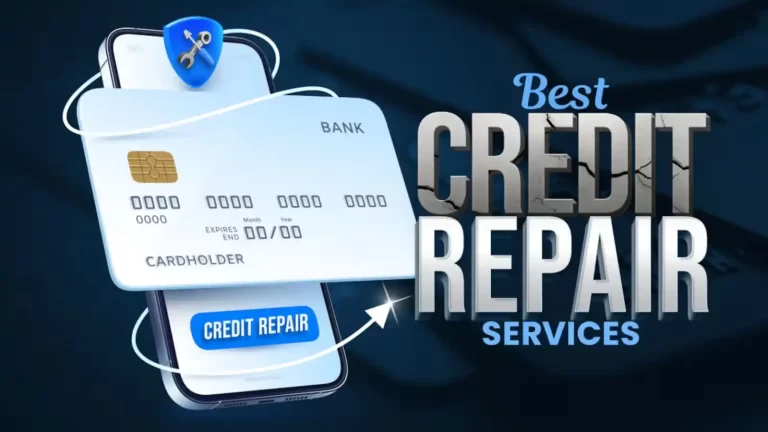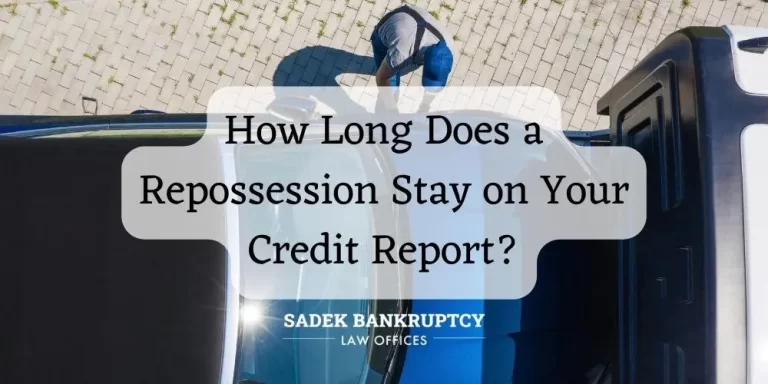Filing for bankruptcy can provide individuals and businesses with a financial fresh start. However, before deciding to file, it is important to understand the costs involved. While the exact cost of filing for bankruptcy can vary depending on factors such as the complexity of the case and the location, certain expenses are common to most bankruptcy cases.
Understanding the cost associated with filing for bankruptcy
When considering filing for bankruptcy, it is crucial to have a clear understanding of the costs involved. While the expenses can differ depending on your specific circumstances, location, and the complexity of your case, there are a few common costs that you can expect to encounter.
One of the primary expenses is the filing fee, which is set by the court and typically ranges from a few hundred to a thousand dollars. Additionally, you may need to hire a bankruptcy attorney to guide you through the process, and their fees can vary based on factors such as experience and location.
Other costs to consider include credit counseling and debtor education classes, which are required by law, as well as potential fees for additional paperwork or services requested during the bankruptcy process.
Having an understanding of these costs will enable you to budget and plan accordingly, ensuring that you are prepared for the financial obligations associated with filing for bankruptcy. In the next section, we will explore ways to mitigate these costs and how to determine if bankruptcy is the right choice for you.
Factors that impact the cost of filing bankruptcy
While the costs of filing for bankruptcy can vary depending on individual circumstances, there are several common factors that can impact the overall cost. Understanding these factors can help you better assess the financial implications of filing for bankruptcy.
Type of bankruptcy:
The two most common types of bankruptcy filings for individuals are Chapter 7 and Chapter 13. The filing fees and attorney fees can differ significantly between these two options. Chapter 7 generally has lower fees but requires the liquidation of assets, while Chapter 13 involves a repayment plan and may have higher fees.
Complexity of the case:
The complexity of your financial situation can affect the complexity and duration of the bankruptcy process. Cases with multiple creditors, legal disputes, or substantial assets and debts may require more time and expertise, resulting in higher attorney fees.
Geographic location:
The cost of filing for bankruptcy can also vary depending on your geographic location. Different regions may have different court filing fees and attorney rates, so it is important to research the costs specific to your area.
Attorney fees:
Hiring a bankruptcy attorney is highly recommended to navigate the complex legal requirements of the process. The attorney’s experience, reputation, and location can all impact their fees. While it may be tempting to choose the cheapest option, it is crucial to find an attorney who is knowledgeable and experienced in bankruptcy law to ensure the best outcome for your case.
Considering these factors can give you a better idea of the potential costs associated with filing for bankruptcy. In the next section, we will discuss strategies for minimizing expenses and making an informed decision about whether bankruptcy is the right choice for your financial situation.
Types of bankruptcy and their associated costs
When considering filing for bankruptcy, it’s important to understand the different types of bankruptcy available and their associated costs. As mentioned earlier, the two most common types for individuals are Chapter 7 and Chapter 13 bankruptcy.
Chapter 7 bankruptcy, also known as liquidation bankruptcy, involves the sale of non-exempt assets to pay off debts. This usually means that you can eliminate most, if not all, of your unsecured debts, such as credit card bills and medical expenses. The filing fee for Chapter 7 bankruptcy is currently $335, but it’s important to note that this fee may vary by location.
On the other hand, Chapter 13 bankruptcy, also known as reorganization bankruptcy, involves creating a repayment plan to pay off a portion of your debts over a period of three to five years. The filing fee for Chapter 13 bankruptcy is currently $310. Additionally, you will need to pay the attorney fees, which can range from a few thousand dollars to several thousand dollars, depending on the complexity of your case.
It’s critical to consult with a qualified bankruptcy attorney to determine which type of bankruptcy is best for your financial situation and to provide an accurate estimate of the associated costs. A knowledgeable attorney can guide you through the process, help you understand the potential expenses, and ensure you make an informed decision.
Additional expenses to consider when filing bankruptcy
In addition to the filing fees and attorney fees mentioned earlier, there are several other expenses to keep in mind when filing for bankruptcy. These can vary depending on your specific circumstances and the complexity of your case.
One important cost to consider is the credit counseling and debtor education courses that are required by law before and after filing for bankruptcy. These courses aim to provide you with financial education and help you understand the implications of bankruptcy. The fees for these courses typically range from $20 to $50 per course.
Another expense to consider is the cost of obtaining your credit report and any necessary financial documentation. Having an accurate and up-to-date credit report is crucial when preparing your bankruptcy petition. The cost of obtaining your credit report can vary, but it is usually around $10 to $30 per report.
Depending on the complexity of your case, you may also need to hire additional professionals, such as accountants or appraisers, to assist you with valuing your assets or determining your income. Their fees can vary, but it’s important to budget for these potential expenses.
Lastly, it’s important not to forget about the long-term financial implications of bankruptcy, such as higher insurance premiums, difficulty obtaining credit in the future, and potential impacts on your employment prospects. While these may not be immediate expenses, they are important considerations when determining the overall cost of filing for bankruptcy.
Hiring a bankruptcy attorney: is it worth the cost?
One of the biggest decisions you’ll make when filing for bankruptcy is whether or not to hire a bankruptcy attorney. While it’s possible to file for bankruptcy without legal representation, it’s generally recommended to seek the guidance of an experienced attorney to navigate the complex bankruptcy laws and ensure your best interests are protected.
When considering the cost of hiring a bankruptcy attorney, it’s important to weigh the potential benefits against the expense. A knowledgeable attorney can help you determine the most appropriate type of bankruptcy for your situation, guide you through the paperwork and filing process, and represent you at hearings and negotiations with creditors.
While it’s true that hiring an attorney can add to the overall cost of filing for bankruptcy, the potential long-term financial benefits may outweigh the upfront expense. An attorney can help you maximize the discharge of debt, protect your assets to the fullest extent possible, and minimize the negative impact on your credit.
It’s also important to consider the peace of mind and reduced stress that come with having a professional handle your bankruptcy case. Dealing with overwhelming debt and financial uncertainty can be emotionally draining, and having a knowledgeable attorney by your side can provide much-needed support during this challenging time.
Ultimately, the decision to hire a bankruptcy attorney will depend on your individual circumstances and financial situation. If you have complex assets, considerable debt, or anticipate potential challenges in the bankruptcy process, it’s highly recommended to consult with an attorney to ensure the best possible outcome.
The importance of budgeting for bankruptcy fees
When considering filing for bankruptcy, it’s crucial to have a clear understanding of the associated costs and expenses. Budgeting for bankruptcy fees is an essential step in ensuring a smooth and successful filing process.
First and foremost, it’s important to note that bankruptcy fees can vary depending on the complexity of your case, the type of bankruptcy you’re filing for, and the specific requirements in your jurisdiction. Generally, the costs involved in filing for bankruptcy include court filing fees, mandatory credit counseling fees, and, if applicable, attorney fees.
Court filing fees can range from a few hundred to several hundred dollars, depending on the type of bankruptcy you’re filing. It’s crucial to budget for these fees as they are non-negotiable and must be paid upfront.
Mandatory credit counseling fees are a requirement for all bankruptcy filers. These fees usually amount to around $50 to $100 and must be paid to an approved credit counseling agency. It’s important to research and compare fees charged by different agencies before selecting one to ensure you’re getting the best value for your money.
If you decide to hire a bankruptcy attorney, it’s vital to factor in their fees as well. Attorney fees can vary significantly depending on factors such as location, experience, and the complexity of your case. Some attorneys charge a flat fee, while others bill by the hour. It’s essential to discuss fee structures and payment plans with potential attorneys to find one that aligns with your budget.
Filing Fees
Understand the initial filing fees (as of April 2023) for different bankruptcy chapters:
- Chapter 7: $338
- Chapter 11: $1,738
- Chapter 12: $313
- Chapter 13: $313
Credit Counseling Fees
Prior to filing, complete a credit counseling course ($20 to $50) from an approved agency and file the completion certificate with your paperwork.
Attorney Fees
While filing without an attorney is possible, it’s advised against due to complex laws. Attorney fees vary but average around $3,000 for Chapter 7 and $6,000 for Chapter 13.
Additional Costs
Beyond filing and attorney fees, additional costs may arise for paperwork, court hearings, and payments to a bankruptcy trustee for Chapter 13.
Chapter 7 vs. Chapter 13 Bankruptcy Costs
Chapter 7 is generally cheaper, while Chapter 13 involves higher costs due to a repayment plan. Eligibility and complexity affect the choice between them.
Payment Options
Ease the financial burden with payment plans offered by attorneys and potential fee waivers for financial hardship.
Common Myths
Dispelling misconceptions about bankruptcy costs, emphasizing available payment options.
Factors Affecting Costs
Explore how case complexity, location, attorney involvement, and bankruptcy type influence overall costs.
Pros and Cons
Consider the advantages and drawbacks of bankruptcy, such as debt elimination but potential credit challenges.
Alternatives to Bankruptcy
Explore alternatives like debt consolidation, management plans, negotiation with creditors, or selling assets before committing to bankruptcy.
Navigating bankruptcy costs requires a thorough understanding of fees, payment options, and alternatives. Consult with an experienced bankruptcy attorney to assess your unique situation effectively.
Conclusion
Filing for bankruptcy can be a difficult decision, but it may be the right choice if you’re struggling with debt. Understanding the costs involved in bankruptcies is important to help you make an informed decision. By working with an experienced bankruptcies attorney and exploring all your options, you can find the best path forward for your financial future.
FAQs
Can I file for bankruptcy without a lawyer?
Yes, it is possible to file for bankruptcies without a lawyer, but it’s generally not recommended. bankruptcies laws are complex, and it’s easy to make mistakes that could cause your case to be dismissed or even lead to legal trouble.
Will bankruptcies clear all my debts?
bankruptcies can help you get rid of most unsecured debts, like credit card debt and medical bills. However, some debts, like student loans and certain tax debts, may not be dischargeable in bankruptcy.
Can I keep my car and house if I file for bankruptcy?
In some cases, you may be able to keep your car and house when filing for bankruptcies . It depends on several factors, including the equity you have in the property and the type of bankruptcies you’re filing.
Will bankruptcy ruin my credit forever?
No, bankruptcies will not ruin your credit forever. While it will stay on your credit report for several years, you can take steps to rebuild your credit over time, like making on-time payments and applying for credit responsibly.
How long does the bankruptcy process take?
The length of the bankruptcies process can vary depending on several factors, including the complexity of your case and the type of bankruptcy you’re filing. Generally, Chapter 7 bankruptcy takes a few months to complete, while Chapter 13 bankruptcies can take several years.








